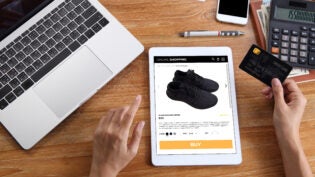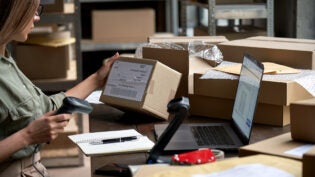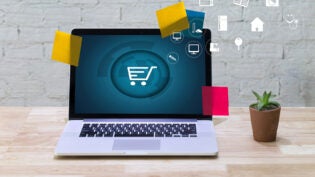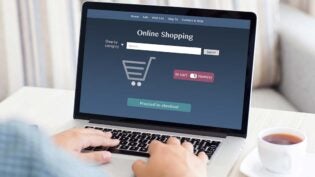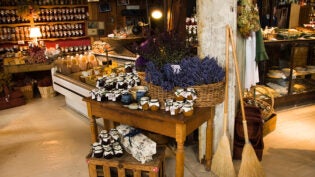How to Optimize Your Physical Store as an Online Retail Brand
By: YEC
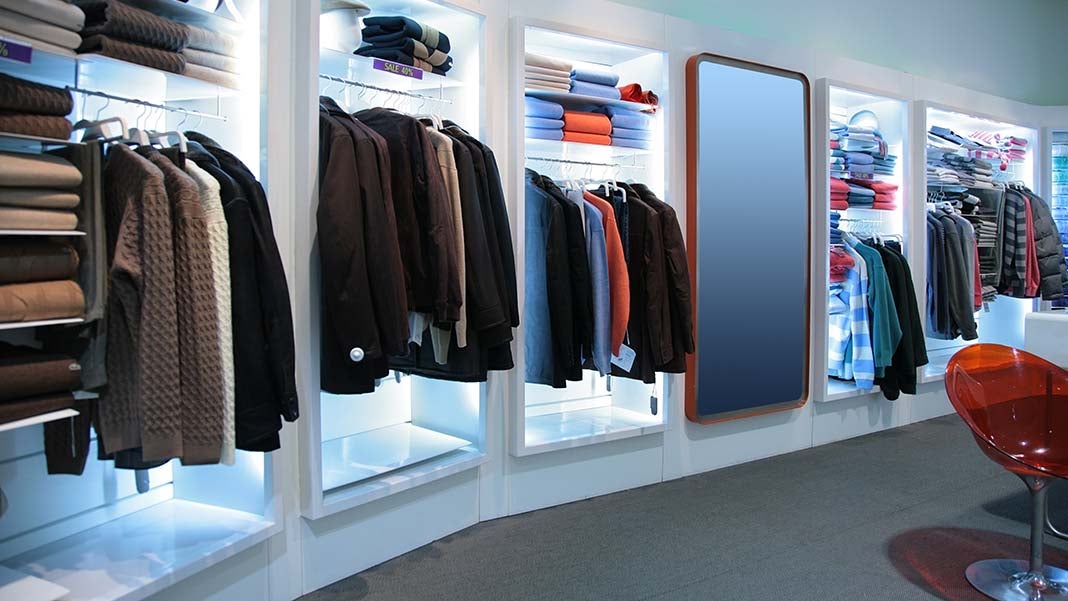
It wasn’t that long ago that retail-focused entrepreneurs were thrilled by the possibilities of online-only business models. Doing away with significant expenses such as store rent, utilities and labor while serving customers efficiently seemed like a win-win. Now, even the most prominent online retail brands are considering opening or have opened brick-and-mortar locations, as they have begun to realize that the cost savings may not be worth the diminished returns.
At Blank Label, we were originally planning to capitalize on an online-only business model until we discovered the benefits of having a physical space after opening our first pop-up in Boston. We have since expanded to three permanent locations in Boston, Washington D.C. and Chicago, with additional expansion plans in the works. Our Boston store was able to surpass $1 million in annual sales in its second year, even though it’s in a tiny second-floor, 600 square-foot location.
Based on our experience, here are some words of advice to ensure your own physical store is successful and profitable for you too.
Connect With the Local Community
While store rent can be expensive, there is tangible marketing ROI to be found in operating brick-and-mortar locations. Online brands often have to work extremely hard to earn the trust of consumers, and it’s a process that can take years to accomplish. Many online-only brands will retain a PR firm, which can easily cost $5,000-$10,000 a month, or spend that budget in banner advertising to maintain awareness.
Conversely, you are afforded an immediate sense of presence when you have a physical storefront, and it can signal that your company is invested in the community at large. In 2015, we hosted 10 events with local brands and community organizations that provided them with a space, and us goodwill in our neighborhood.
Stay Lean Both Online and In Stores
Maintaining a physical location doesn’t necessitate keeping a back room consistently stocked with millions of dollars worth of inventory. Modern customers have learned to embrace home delivery, and most of them will be perfectly satisfied leaving your store without their physical purchase in-hand. This also allows you to reduce the square footage of your space as it removes the need for a storage room. We are able to keep our rent to 5-7% of our sales, which is much lower than we were paying for marketing as a percentage of sales when we were online only.
Work on a High-Quality SEO Strategy
More often than not, customers are still going to rely on search before they visit a physical store, so SEO best practices are still crucial to a sound marketing strategy. We have worked hard to curate a presence in both local and national SEO for relevant terms to our business such as “custom dress shirts.” We’ve done this by building unique landing pages for each of our locations with detailed information about each specific store. And we’re making sure we’re linking to that page within our website and building links that direct viewers there. As a result, within six months of opening in Boston, we were ranked in the top three for our main search terms.
Provide Incentives to Get Customers Through the Door
People like to take advantage of incentives, which is why we offer a customer referral program where they receive $50 off when a friend makes a purchase. Incentives are a great tool for encouraging a trial purchase, but you won’t hold onto the customer unless the product and experience deliver. Referrals are the biggest channel for our business (greater than search marketing, social media, PR or banner ads). We make sure to ask how the experience was for every single customer. And if they did have a good experience, we don’t hesitate to ask if they have friends or colleagues who might be interested in what we’re doing.
Build Loyalty Through Customer Experience
Results have consistently shown that in order to build brand loyalty, customers are looking for more than just racks of products in a store. They are seeking an engaging and unique customer experience that will stick with them when it comes time for the next purchase. At Blank Label, we have created an intimate relationship between our customers and stylists, where they are advised about seasonal styles and given an intensely personalized experience in the store. We greet all our customers by name, take the time to learn why they’ve visited and what they’re looking to achieve with their wardrobe. It’s that level of detail and empathy that keeps them coming back.
Author: Fan Bi is the CEO of Blank Label, an award-winning custom menswear brand, with stores in Boston, D.C. and now Chicago.




